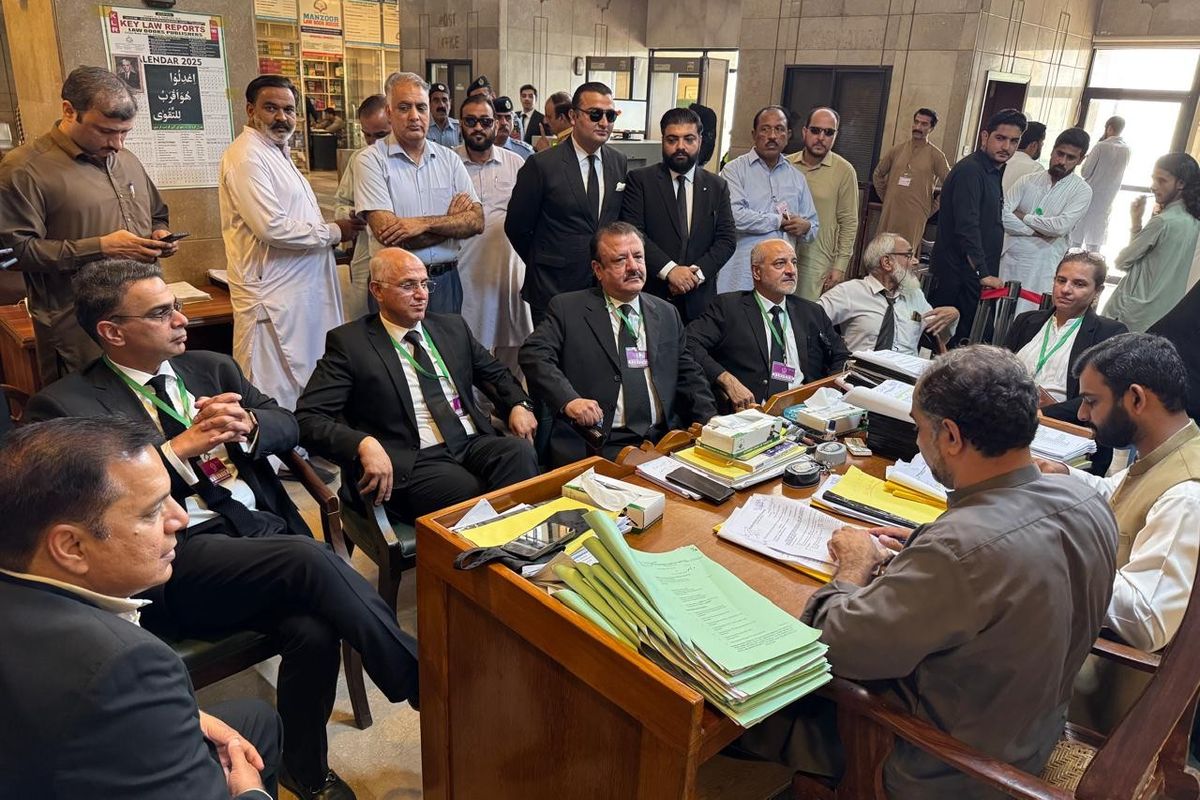Pakistan’s top court declines to hear petitions filed by its own judges
The registrar’s office said the pleas by IHC judges lacked justifications, key details and any clear public interest grounds under Article 184(3)
Ali Hamza
Correspondent
Ali; a journalist with 3 years of experience, working in Newspaper. Worked in Field, covered Big Legal Constitutional and Political Events in Pakistan since 2022. Graduate of DePaul University, Chicago.

Judges of the Islamabad High Court.
Nukta
Pakistan’s Supreme Court has declined to entertain five constitutional petitions filed by judges of the Islamabad High Court, returning the applications on the grounds that they failed to meet the legal requirements for invoking the court’s extraordinary jurisdiction.
According to sources, the Registrar’s Office determined that the petitions did not establish sufficient legal grounds under Article 184(3) of the Constitution, which allows the Supreme Court to take up matters involving questions of public importance and the protection of fundamental rights.
The objections emphasized that the judges had not identified any specific issue of public interest or fundamental rights violation to justify invoking Article 184(3).
Instead, the applications appeared to reflect personal grievances, the Registrar’s Office noted, citing the precedent set in Zulfiqar Mehdi vs. PIA, which restricts the use of this constitutional provision for individual disputes.
The office also flagged procedural shortcomings, including the absence of clear reasons for filing the petitions and incomplete details about respondents to whom notices should be issued.
Without these elements, the petitions were deemed inadmissible.
The five judges had approached the Supreme Court to challenge the administrative powers exercised by Islamabad High Court Chief Justice Sarfraz Dogar, filing separate constitutional petitions against his decisions. With the Registrar’s objections, however, the petitions were sent back without being formally placed before the bench.
The development reflects the strict scrutiny applied by Pakistan’s top court when exercising its suo motu or extraordinary jurisdiction. It also highlights the sensitivity of internal judicial disputes, where questions of personal interest must be carefully separated from issues of broader constitutional significance.










Comments
See what people are discussing